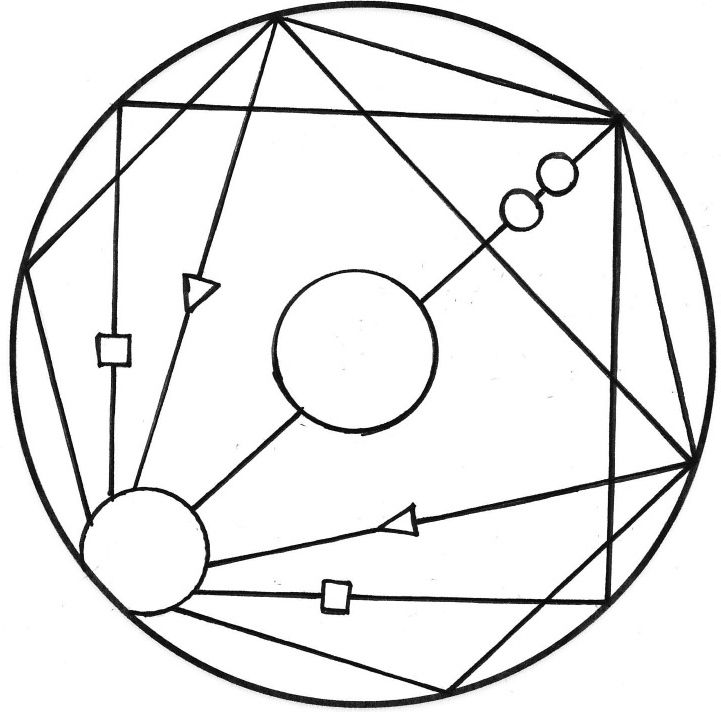CIRFIM’s main research areas are listed in Appendix A of the Centre’s Statute. They are reflected in the expertise and scientific interests of the member faculty. By way of example, the following themes and areas may be mentioned:
- al-Fārābī’s philosophy;
- ancient and medieval interpretations of the Christian Scriptures;
- Arabic tradition of Aristotelian metaphysics;
- architectural models and theological doctrines between the 9th and 14th centuries;
- Aristotle and the Aristotelian Tradition;
- Augustine and the Augustinian Tradition;
- Byzantine and post-Byzantine musical paleography;
- disability, material culture and society in medieval Europe;
- Greek and Latin Christian apologetic literature;
- Greek palaeography (Byzantine and humanist manuscripts, epigraphic writings, history of collecting);
- historiography and rhetoric in Byzantine literature of the Comnenian period (11th-12th centuries);
- institutional and social history of the medieval university, with a focus on the environment of the Padua Studio in the 13th-15th centuries;
- medieval doctrines in contemporary thinkers;
- medieval Greek hymnography;
- medieval Greek music theory in relation to the Latin world and Ancient Greece;
- medieval musical instruments and their diachronic development;
- monastic literature;
- music and liturgical space in the churches of Padua: texts, images, music and sounds;
- music and the teaching of music in the Studium: doctors and students;
- pedagogical readings of Dante’s spirituality;
- senses and theories of perception in devotional practices in the Western Middle Ages;
- sound ecosystems and music in travel narratives;
- synergies, interferences, contrasts between material culture and spirituality (12th-15th centuries);
- the history of the concept of philosophy between Antiquity and the Middle Ages;
- the illuminated books of masters and students of philosophy and theology;
- the problem of the Arab-Islamic sources of the Divine Comedy;
- the reception of Byzantine culture in the West;
- the relationship between medicine and music theory in Padua in the 15th century;
- the relationship with the landscape and the environment in the late Middle Ages;
- the results of the comparison between imperial Platonism and Christian thought;
- the role of women in late medieval European society and culture;
- the socio-cultural history of the movement to translate Greek into Arabic;
- the transmission of Greek philosophy through Arab and Jewish philosophers to the Latin philosophers of the Middle Ages;
- Thomas Aquinas’s philosophy of education;
- urban collective identity in communal and post-communal Italy.

